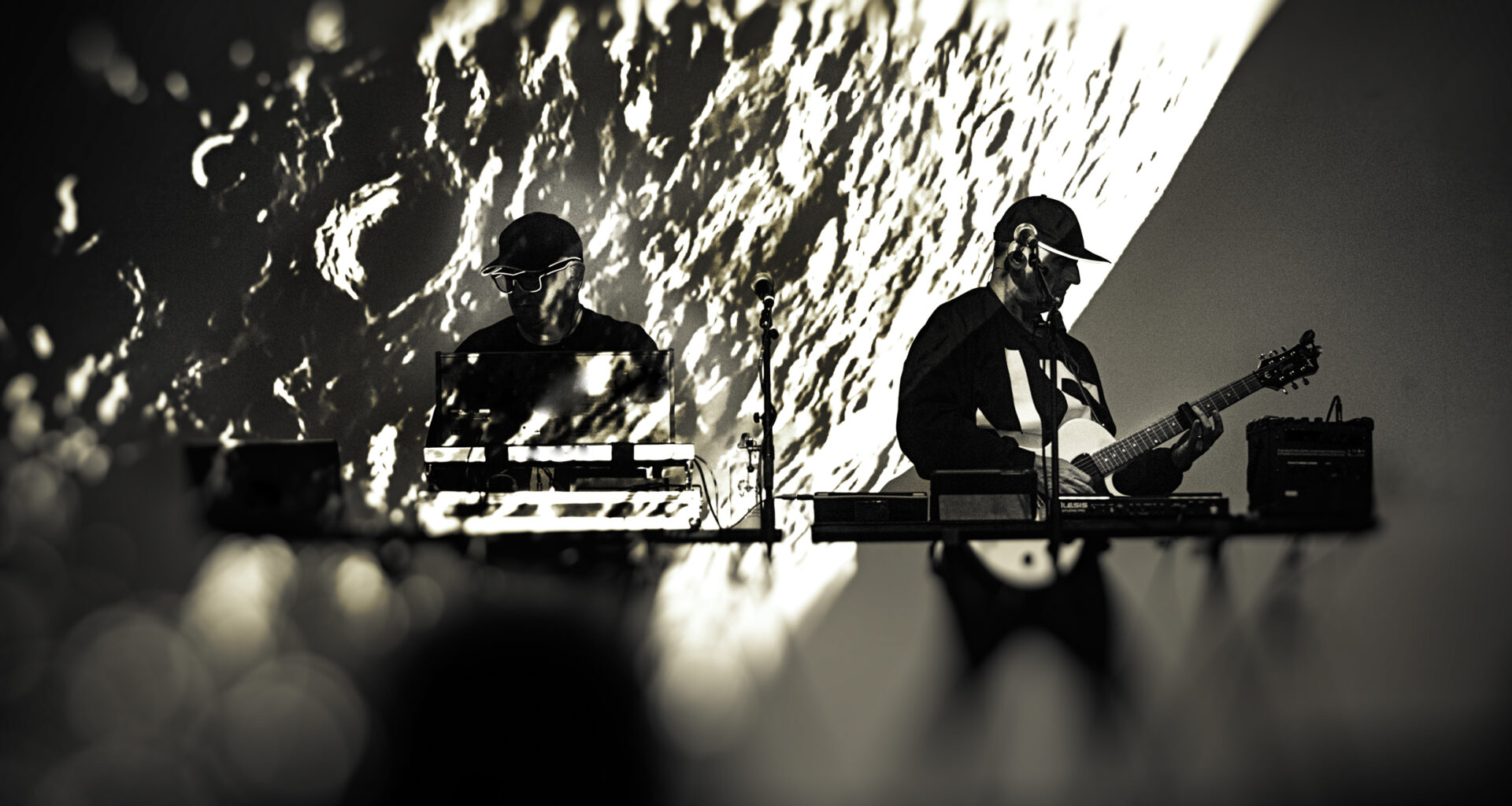As UNE, BBC Radio DJ Mark Radcliffe and beats-obsessed boffin Paul Langley pay homage to the war memorials of the former Yugoslavia with their third album, ‘Spomenik’
Want to read more?
Sign up to Electronic Sound Premium to gain access to every post, video, special offers, and more. 100%, all you can eat, no commitment, cancel any time.
Already a premium member? Log in here






